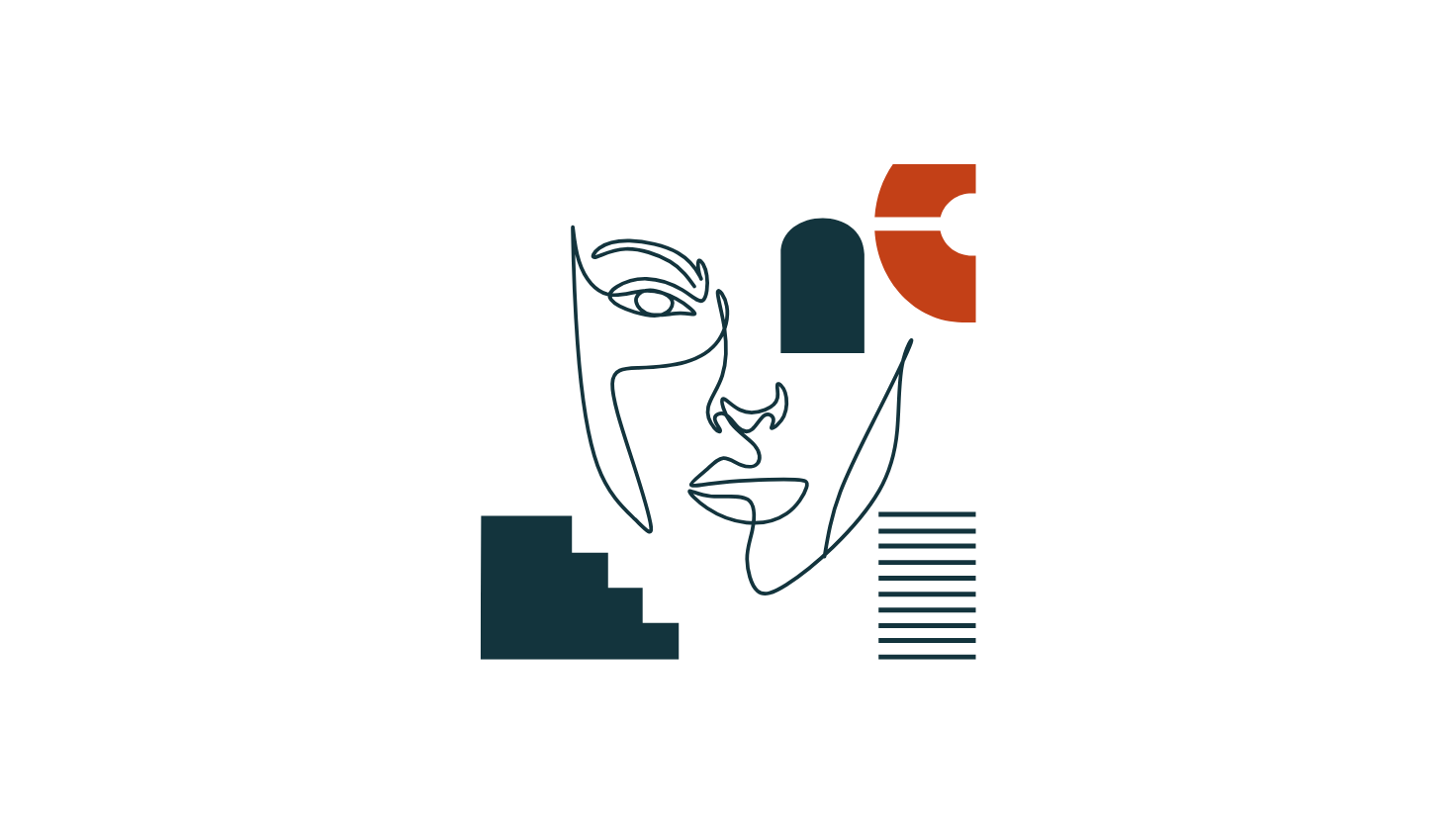Border Crossing: The Hidden Power of Academic Code-Switching
Here's a secret: Some of the most innovative work happens at the edges of disciplines, where you feel least like you belong.
When you're crossing from one field to another, that "imposter" feeling isn't weakness – it's your fresh perspective tingling.
You notice things the experts take for granted. You ask questions they've forgotten to ask. You make connections they can't see anymore because they're too close to their subject.
I know many may consider code-switching and see the dark side of it or frown. But hear me out. Your outsider status? That's your edge.
Think about groundbreaking research. It often comes from scholars who dared to cross boundaries:
- Biologists applying physics models to evolution
- Anthropologists bringing cultural insights to artificial intelligence
- Poets analyzing scientific papers
- Mathematicians revolutionizing economics
The most interesting questions live in the spaces between disciplines. The gaps. The overlaps. The places where different ways of knowing collide.
When you're working across fields, you bring:
- Fresh metaphors that crack open new ways of thinking
- Methods that seem obvious in one field but revolutionary in another
- Questions that challenge fundamental assumptions
- Connections that specialists are too specialized to see
That awkward feeling when you don't know the jargon? It's forcing you to explain things clearly, making your work more accessible.
That confusion about why things are done a certain way? It's helping you spot arbitrary conventions that need challenging.
That anxiety about not being expert enough? It's keeping you humble enough to see what others miss.
Next time you feel like an outsider in your field, remember:
- Your "naive" questions might be exactly what the field needs
- Your "inappropriate" methods might lead to breakthroughs
- Your "insufficient" background might be your greatest strength
Stop apologizing for being interdisciplinary. Start leveraging it.
Because here's the truth: Academia doesn't need more people who stay in their lanes. It needs more border crossers. More discipline meshers. More boundary breakers.
Your ability to move between worlds isn't a liability. It's a superpower.
Use it.
Now, head up, deep breath, and go change the world. We're rooting for you!




Leave a Comment